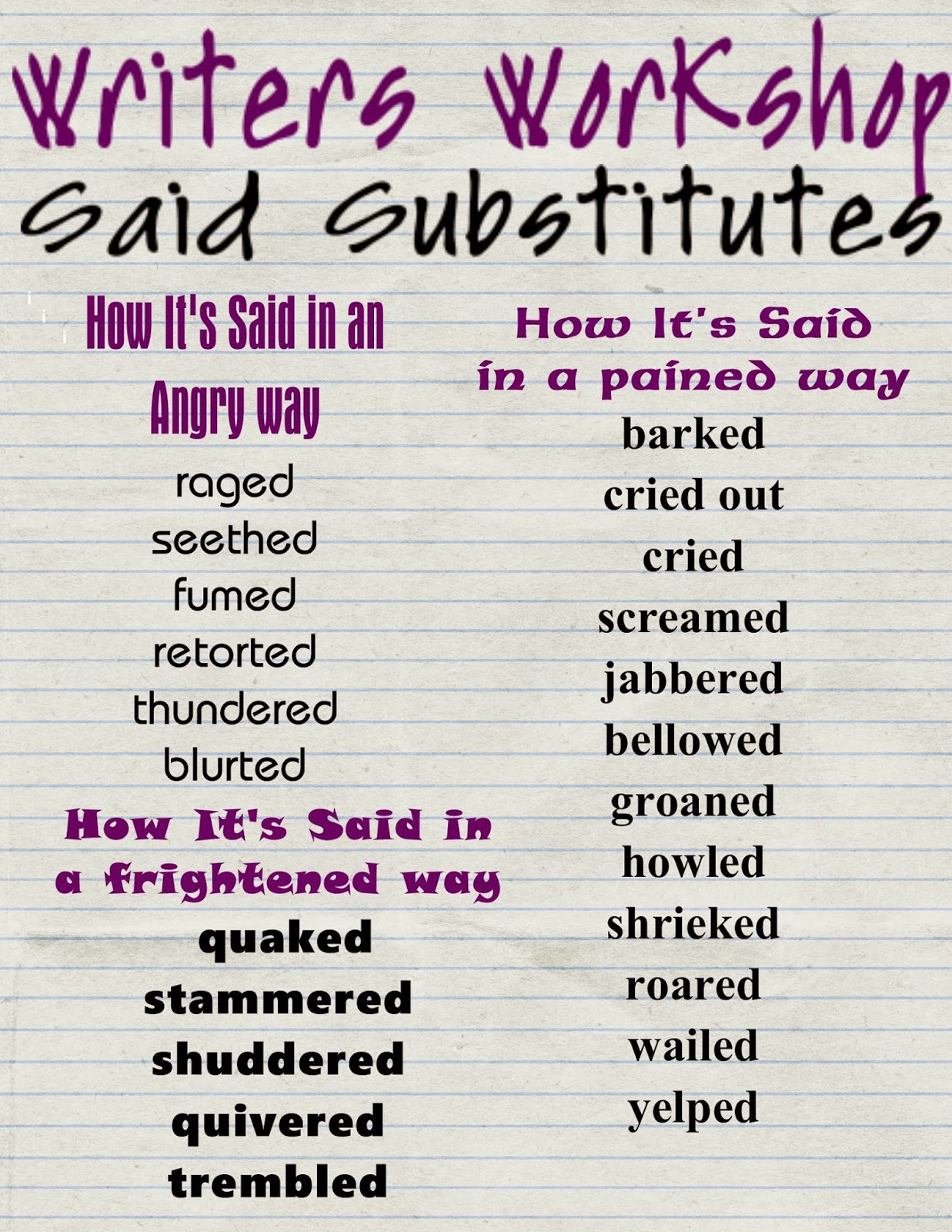What is a Good Paragraph? How do you Teach Students to Write a Good Paragraph?
A paragraph is an organized group of quality sentences that contain "one" main idea, theme, setting. topic, subject and or message. Big topics and ideas are divided into individual paragraphs to help the reader transition from one theme or idea to a new theme or idea. A paragraph contains "one" theme or "one" main idea. Paragraphs use supporting "body" sentences to expand, explain and or give examples of the main idea or theme in alternate, cyclical or secondary ways. The main idea of the paragraph is often called the theme. The last sentence in a paragraph summarizes the theme or main idea or transitions and introduces the next paragraphs theme or idea.
The Perfect Paragraph - Teachers
Paragraphs - The Writing Center
WHAT IS A PARAGRAPH? A paragraph is a group of ...
Day 1 What is a Paragraph - Growing with Grammar
Paragraph Structure Coherence - Indiana University
What is a paragraph? - Better writing - Paragraphs
PARAGRAPHS - The University of Sydney
TOPIC SENTENCE/PARAGRAPH
Writing Paragraphs - Reading and Writing ...
Hamburger Paragraph
A paragraph is an organized group of quality sentences that contain "one" main idea, theme, setting. topic, subject and or message. Big topics and ideas are divided into individual paragraphs to help the reader transition from one theme or idea to a new theme or idea. A paragraph contains "one" theme or "one" main idea. Paragraphs use supporting "body" sentences to expand, explain and or give examples of the main idea or theme in alternate, cyclical or secondary ways. The main idea of the paragraph is often called the theme. The last sentence in a paragraph summarizes the theme or main idea or transitions and introduces the next paragraphs theme or idea.
The Perfect Paragraph - Teachers
Paragraphs - The Writing Center
WHAT IS A PARAGRAPH? A paragraph is a group of ...
Day 1 What is a Paragraph - Growing with Grammar
Paragraph Structure Coherence - Indiana University
What is a paragraph? - Better writing - Paragraphs
PARAGRAPHS - The University of Sydney
TOPIC SENTENCE/PARAGRAPH
Writing Paragraphs - Reading and Writing ...
Hamburger Paragraph
A paragraph is a group of sentence with "one" topic, idea, setting, theme or subject. A Paragraph contains a topic sentence that introduces the theme or the main idea.
Topic sentences can introduce the exposition of the paragraph or summarize the main idea, subject, theme, facts or opinions of that paragraph. It is usually the first sentence in a paragraph.
Review: Start a New Paragraph When There is a Change in: Ideas,Topic, Time, Setting, Place, Speaker, Message, Theme and or Subject.
Review: A sentence is a group of words used to express a statement, question, exclamation, request or command. A sentence contains a subject (noun)and predicate(verb).

































